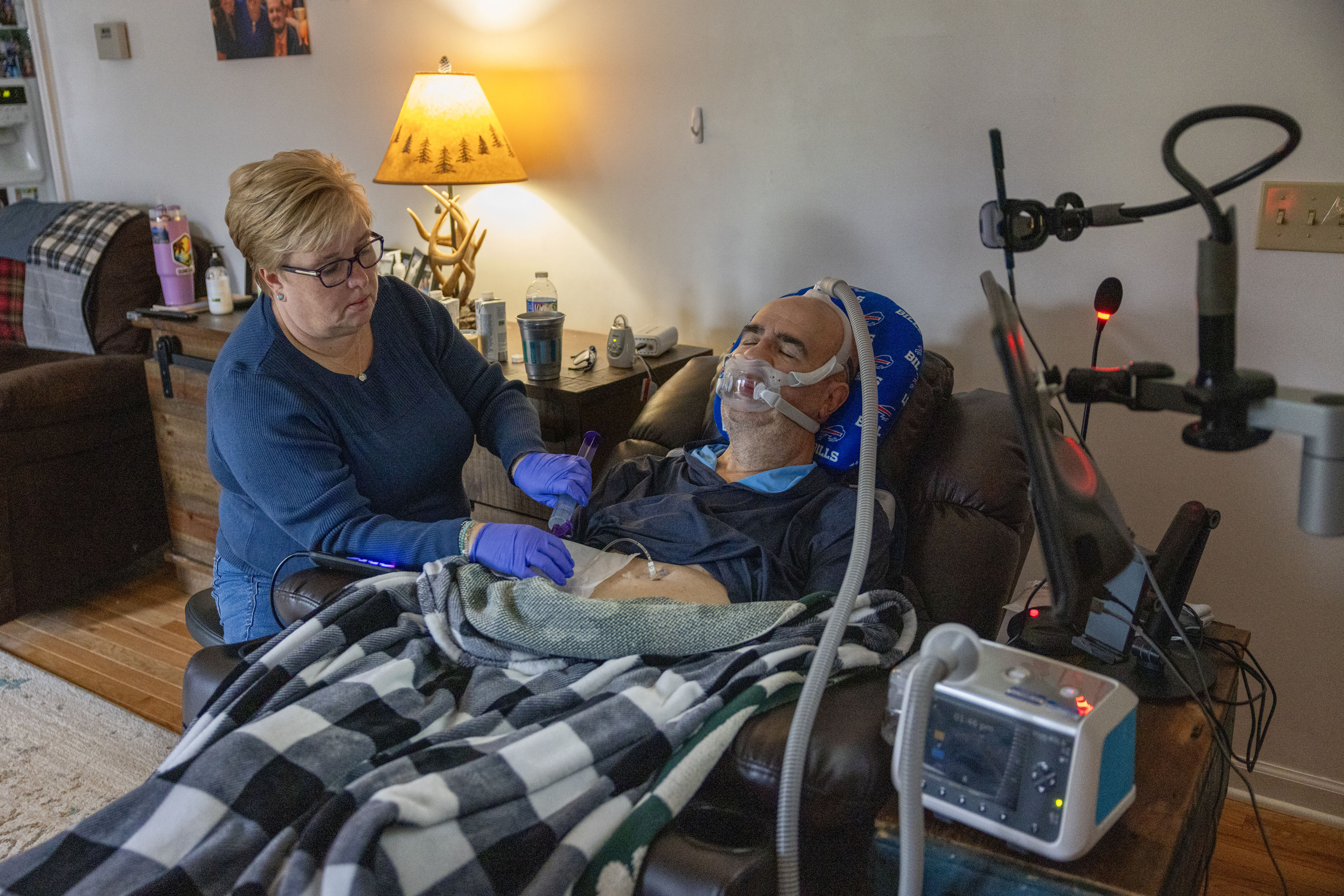A View of Medicaid Today and a Look Ahead: Balancing Access, Budgets and Upcoming Changes
This report highlights key policy priorities and issues state Medicaid programs focused on in FY 2025 and are prioritizing in FY 2026.
The independent source for health policy research, polling, and news.
Medicaid enrollment fell 7.6% in FY 2025 and is expected to be largely flat in FY 2026. At the same time, total Medicaid spending grew by 8.6% in FY 2025 and is expected to grow by 7.9% in FY 2026.
To better understand how states are preparing for Medicaid work requirements, states were asked to discuss anticipated challenges to implementing work requirements by the end of 2026, including related system changes and data matching.









Choose which emails are best for you.
Sign up here